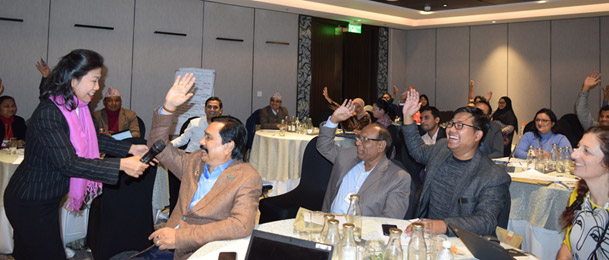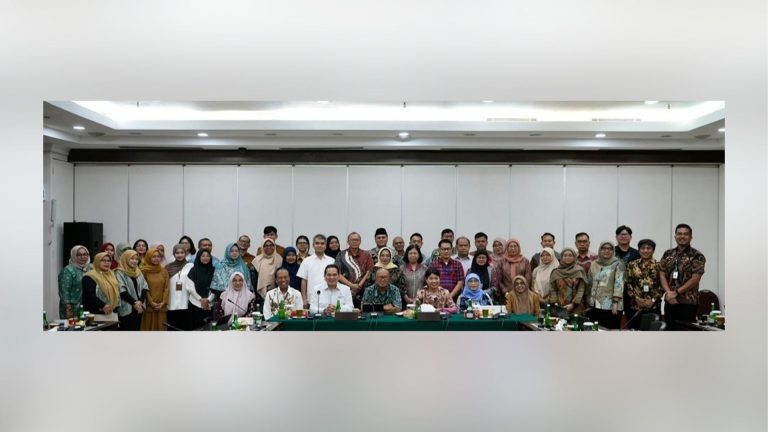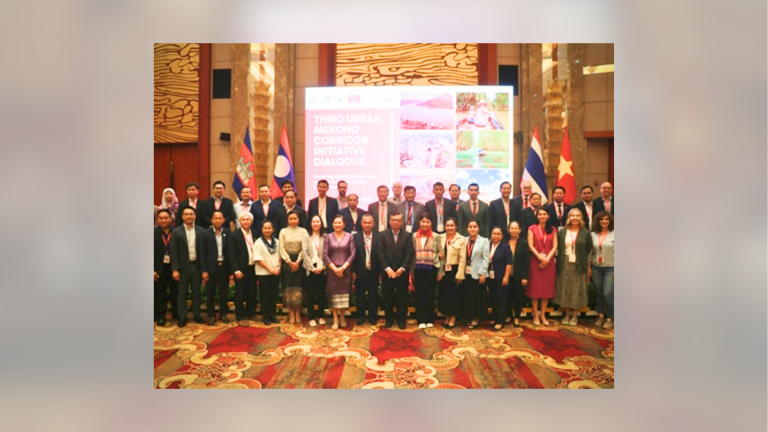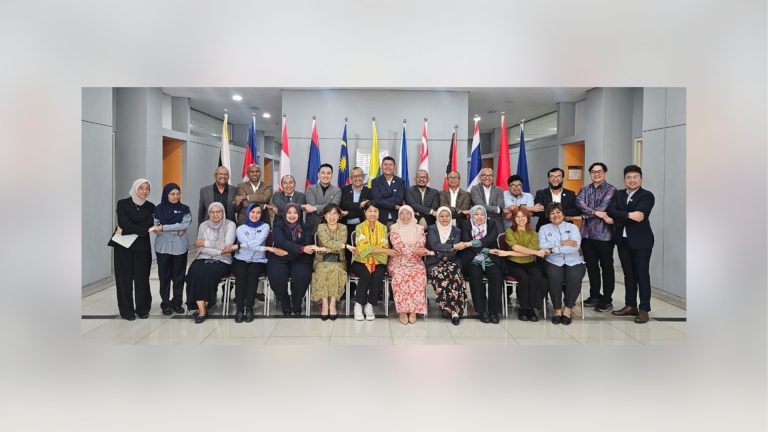12-13 December 2019 I KATHMANDU – In order to strengthen the SDGs localisation and Voluntary National Review (VNR) preparation, UCLG ASPAC collaborated with Local Government Associations (LGAs) and UCLG Learning Programme, in conducting a Learning Workshop on SDGs Localisation, in Kathmandu, Nepal, on 12th and 13th December 2019. The Workshop, funded by the European Union (EU) under UCLG-EU Partnership Programme, aimed to enhance LGAs’ knowledge and capacity to implement SDGs through a whole-of-society approach.
Around thirty participants took part in the Workshop comprising LGAs from four countries: Association of District Coordination Committees of Nepal (ADCCN), Municipal Association of Nepal (MuAN), National Association of Rural Municipalities in Nepal (NARMIN), Association of Indonesia Municipalities (APEKSI), League of Cities of the Philippines (LCP) and Municipal Association of Bangladesh (MAB).
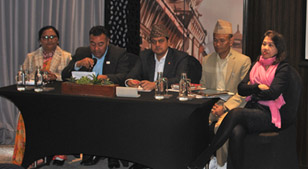 Presidents of all three LGAs in Nepal attended and delivered remarks. Mayor of Dhulikel, President of MuAN and UCLG ASPAC’s Co-President Ashok Byanju, Mayor Ashok highlighted the big responsibility of MuAN in supporting its members to implement the Constitutional provision of local governments. Referring to the 22 exclusives rights and 15 concurrent rights for local governments for local governments in the Constitution, he stressed that these provisions have direct relations with the goals and targets of SDGs.
Presidents of all three LGAs in Nepal attended and delivered remarks. Mayor of Dhulikel, President of MuAN and UCLG ASPAC’s Co-President Ashok Byanju, Mayor Ashok highlighted the big responsibility of MuAN in supporting its members to implement the Constitutional provision of local governments. Referring to the 22 exclusives rights and 15 concurrent rights for local governments for local governments in the Constitution, he stressed that these provisions have direct relations with the goals and targets of SDGs.
Mr. Hom Narayan Shrestha, President of NARMIN, welcomed the participants and stated that “As an association, we are all formally and informally working together with the National Planning Commission (NPC), which is a designated government entity to coordinate VNR. LGAs would like to work together with other technical committees and task forces in the days ahead to help prepare this VNR.”
Ms. Sita Sundas, President of ADCCN, further shared that all three LGAs are working together on the coordination at the national level. She noted that the associations are also discussing about the development in various aspects being social, culture or politics, in order to identify LGAs’ roles and responsibilities in light of the evolving situation. She stressed that “Local governments and LGAs still need to learn many things including rules and regulations. Furthermore, there is a need for capacity building and training for all governments, even central, provincial and local governments in order to smoothen development work.”
Dr. Bernadia Irawati Tjandradewi, UCLG ASPAC Secretary General, stressed during her welcome remarks that “SDGs cannot be achieved if local governments do not have sufficient capacity and financial resources, and in this regard, they should have more authority to generate incomes. Vice versa, local governments need to be ready in exercising such authority that also involves their capacity to have good planning.”
Mr. Sushil Bhatta, Honourable Member of the NCP, delivered a keynote address, expressing his appreciation for the activity, reiterating the importance of local leadership. He explained that “NCP is the government agency for planning and implementation of related activities, including the process of SDGs localisation and creating enabling environment. Understanding the process is essential for all levels of government and sensitising SDGs localisation needs to be done in all areas including in remote regions.”
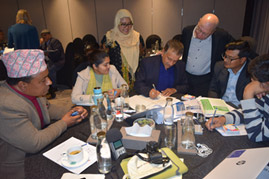 The two-day training workshop utilised a Training-of-Trainers approach and primarily UCLG training modules. The course was divided into three phases, guided by UCLG training Module 1: Localising the SDGs/Introduction; Module 2: Territorial Planning to Achieve the SDGs and Module 3: Reporting to National and Local Review, respectively. Apart from UCLG Learning and UCLG ASPAC staff, representatives from the United Nations Economic and Social Commission for Asia and the Pacific (ESCAP) and the United Nations Development Programme (UNDP) took part in the Workshop and shared their work related to SDGs.
The two-day training workshop utilised a Training-of-Trainers approach and primarily UCLG training modules. The course was divided into three phases, guided by UCLG training Module 1: Localising the SDGs/Introduction; Module 2: Territorial Planning to Achieve the SDGs and Module 3: Reporting to National and Local Review, respectively. Apart from UCLG Learning and UCLG ASPAC staff, representatives from the United Nations Economic and Social Commission for Asia and the Pacific (ESCAP) and the United Nations Development Programme (UNDP) took part in the Workshop and shared their work related to SDGs.
The Workshop started with an introduction of the overall policy and strategy in the contexts of SDGs implementation. Representatives from LGAs then presented the current status of the SDGs localisation and the preparation of VNR in 2020. During the second phase, Module 2 was utilised to guide the session to get the inputs from LGAs from Bangladesh, Pakistan, Philippines and Indonesia. The experiences on SDGs localisation process were shared during this phase. The third phase focused on concrete implementation steps toward HLPF 2020. Towards the end of the course, participants worked together to designed the roadmap and learning strategy for LGAs’ support and contribution to national government on VNR.
After learning about the reporting process and essential elements for affective VNR (Module 3), the participants worked on a storytelling exercise with their partner. Each group’s representative gave a speech about a city’s successful project in the form of story-telling, based on the given information and their own ideas. The participants gave lively oral presentations to demonstrate the work that are related to a broad range of SDGs, concrete examples of initiatives and the application of SDG principles in their speeches.
In another evaluation exercise, the participants applied their knowledge gained throughout the training to design joint activities for their associations, of which they can play a key role in developing the capacity-building concept, planning and implementation the plan. The proposed joint activities varied from training-of-trainers course (Bangladesh and Pakistan), to mayors’ peer-learning (Indonesia and the Philippines) and LGAs’ collaboration for their participation in the VNR process (Nepal)








